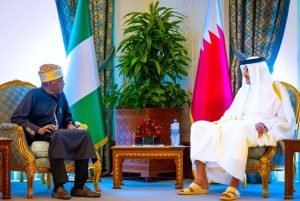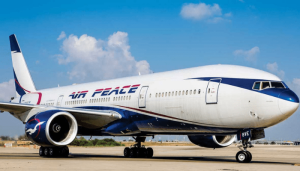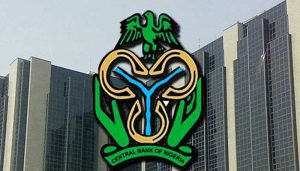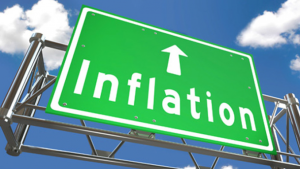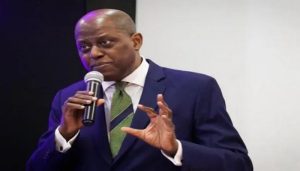
The Minister of Information and Culture, Lai Mohammed, has said the Federal and Lagos State government would generate $ 201 billion through taxes, royalties and duties from the Lekki deep seaport.
He said the port would have a great impact on the economy as it would create 169,972 jobs and enable Nigeria to regain the maritime businesses it lost to ports in Togo, Cote d’Ivoire and Ghana.
Mohammed stated this yesterday during an inspection of the port alongside a team from the Ministry of Transport. He said with the port, Nigeria would become a transhipment hub, noting that the revenue the country is currently losing to neighbouring countries would be regained.
The minister said the port would commence operation in the last quarter of the year and that it would boost Nigeria’s quest to take advantage of the African Continental Free Trade Agreement (AfCFTA) to boost the economy.
“The investment is huge, $1.53 billion on fixed assets and $800 million on construction. But the aggregate impact has been put at $361 billion in 45 years, which will be over 200 times the cost of building it. The direct and induced business revenue impact is estimated at $158 billion, in addition to a qualitative impact on manufacturing, trade and commercial services,” he said.
The Managing Director of Lekki Deep Seaport, Du Ruogang, said the port would change the economic landscape of Nigeria and become a hub in the West and Central African region.
He said the second phase of the port would commence in about six to seven years, adding that in the long-term, the third phase of the port would be developed.
Ruogang appealed to the government for support in the transhipment policy, which he said is an important target for the port.
He also called for the government’s support in the cargo evacuation system, noting that the roads connecting to the port are not satisfactory to the demands of the evacuation requirements of the port.
The General Manager/Head of Government Relations and Security, Lekki Freeport Terminal, Fubara Awanta, said with the draft of the port, which is the deepest in West Africa, Nigeria should not lose the huge revenue that it would make from the port due to several bottlenecks.
He appealed to the government to ensure the key roads connecting the port should be completed to boost cargo evacuation as the short-term support, while for the medium term the government should assist in ensuring the movement of consignment through barging.
“In the course of doing barging there are so many additional fees that will be paid like Cabotage if all these additional costs are not well managed, most persons will not want to evacuate their cargoes that is why you see from the point of calculating our return on investment, our pricing must be highly competitive,” he noted.
The Executive Secretary, Nigerian Shippers Council (NSC), Emmanuel Jime, raised concern over badge creation modalities out of the port, which he said is a critical component, noting that if not careful, Lekki port will become like Apapa and Tin Can in terms of cargo evacuation.
Responding to their pleas, the visiting minister assured them that the government was passionate about developing the business environment, noting that the whole idea of the Presidential Council on Enabling Business Environment was to ensure the country is competitive.
On the issue of roads, the Minister said the Lagos State government, Federal Government and Dangote Group are in a private partnership to improve and widen the road to ensure efficient cargo evacuation.
“We are concerned about the efficient evacuation of goods and services at the port. The ultimate goal is to connect this port with the rail link for optimal use.
“A project that when completed will give us the best seaport in West Africa. We are not unaware that we need to do a lot to ensure that the port becomes efficient, but we are on the right track,” he said.

